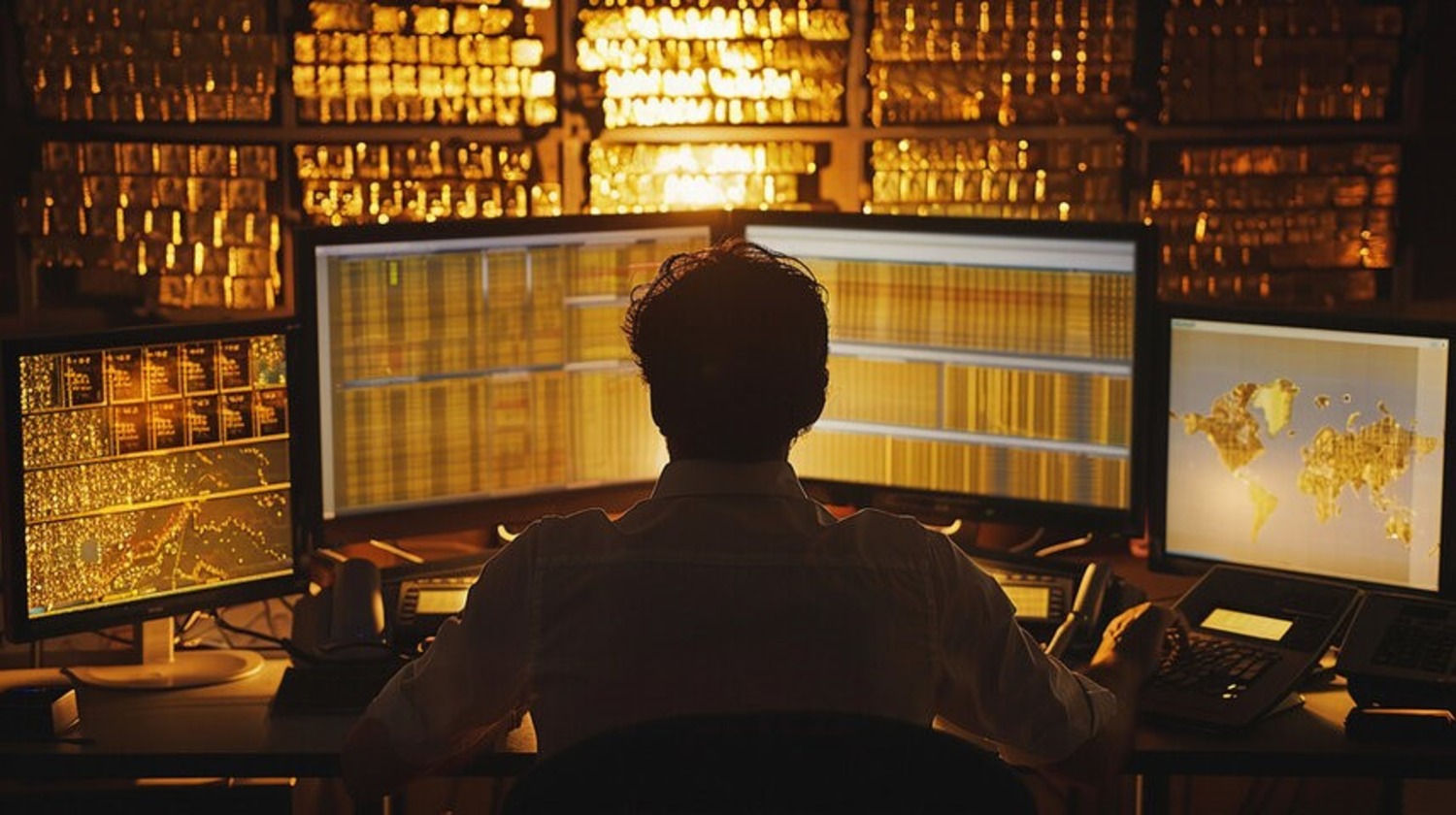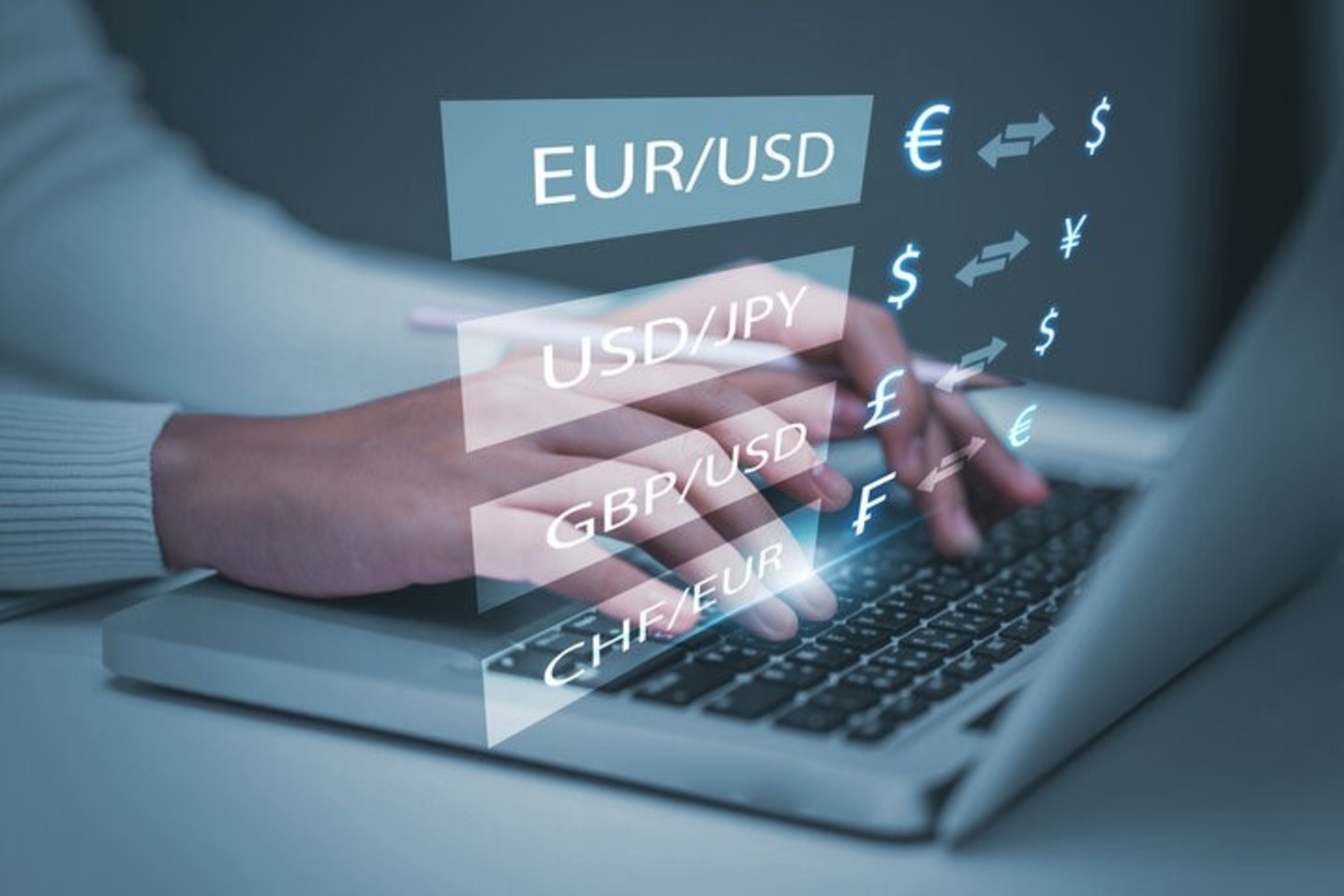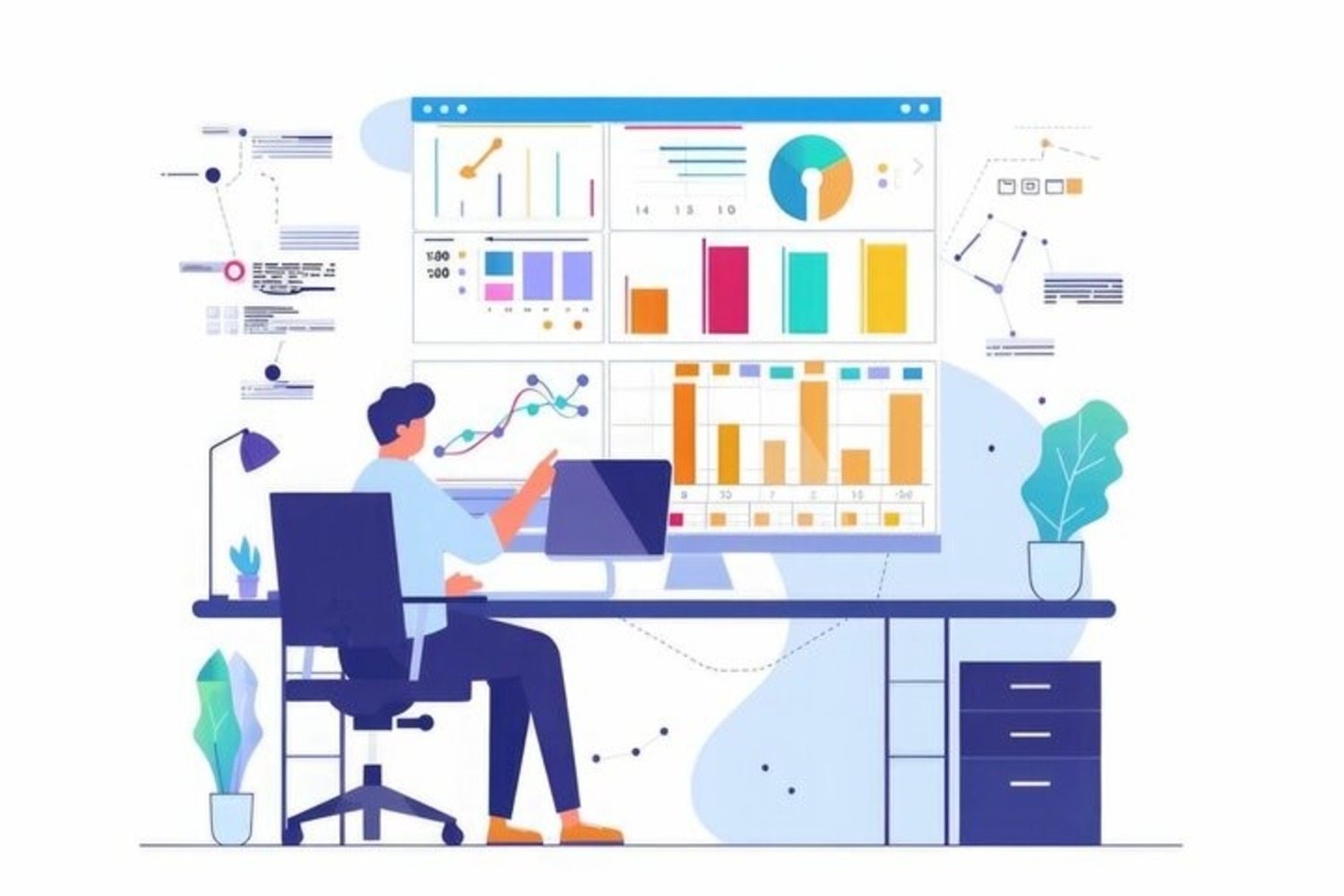
Futures trading is a dynamic and complex aspect of financial markets. It involves buying and selling futures contracts, which are agreements to buy or sell an asset at a predetermined future date and price. This type of trading can be highly speculative, and success often hinges on a deep understanding of market mechanics, technical analysis, and strategic execution. The role of futures brokers in this landscape is crucial, providing clients with expertise in technicalities, market knowledge, and trade execution.
What is Futures Trading?
Futures trading involves contracts that obligate the buyer to purchase, and the seller to sell, an asset at a specific price on a set date in the future. These contracts can be based on a variety of underlying assets, including commodities, financial instruments, and indices. Futures contracts are standardized and traded on exchanges, making them a popular choice for investors looking to hedge risk or speculate on price movements.
Futures Trading with Futures Brokers
A futures broker acts as an intermediary between traders and the futures exchanges. They provide essential services that facilitate the trading process, including:
1. Market Knowledge: Futures brokers have deep insights into the markets they operate in. They can offer valuable information about market trends, historical data, and factors influencing price movements. This knowledge is crucial for developing trading strategies and making informed decisions.
2. Technical Expertise: The futures market can be intricate, with various technical aspects that traders must navigate. Futures brokers help clients understand and utilize trading platforms, manage margin requirements, and execute trades efficiently. Their expertise ensures that trades are placed accurately and that clients are aware of any potential technical issues.
3. Trade Execution: Executing trades in the futures market requires precision and speed. Futures brokers facilitate the execution process, ensuring that orders are processed quickly and accurately. They also provide access to advanced trading tools and platforms that can enhance execution efficiency.
The Role of a Seasoned Futures Broker
A seasoned futures broker brings a wealth of experience and knowledge to the table. They can assist clients in several ways:
1. Advisory Services: Experienced brokers can offer personalized advice based on a client’s trading goals and risk tolerance. They help clients develop strategies tailored to their objectives, whether they are looking to hedge risks or speculate on price movements.
2. Risk Management: Futures trading involves significant risk, and brokers play a crucial role in helping clients manage it. They can advise on setting appropriate stop-loss orders, diversifying trading positions, and using leverage responsibly.
3. Market Insights: A well-informed broker provides clients with up-to-date market insights, including economic indicators, geopolitical events, and market sentiment. This information can be instrumental in making strategic trading decisions.
4. Educational Support: Brokers often offer educational resources and training to help clients improve their trading skills. This can include webinars, tutorials, and one-on-one coaching sessions.
How Speculative is the Futures Market?
The futures market is known for its speculative nature. Traders and investors use futures contracts to speculate on the future price of assets, aiming to profit from price changes. The speculative aspect of futures trading comes from:
1. Leverage: Futures contracts often involve significant leverage, allowing traders to control large positions with relatively small amounts of capital. While this can amplify potential profits, it also increases the risk of significant losses.
2. Market Volatility: The futures market can be highly volatile, with prices influenced by various factors such as economic data, geopolitical events, and market sentiment. This volatility presents opportunities for speculation but also adds to the risk.
3. Short-Term Focus: Many futures traders focus on short-term price movements rather than long-term trends. This speculative approach requires a keen understanding of market dynamics and quick decision-making.
Types of Futures Contracts
The futures market encompasses a broad range of contracts, each based on different underlying assets. There are over 120 different futures contracts, broadly categorized into several groups:
1. Commodity Futures: These contracts are based on physical goods and are often used for hedging or speculating on commodity prices. Common commodity futures include:
o Agricultural Commodities: Contracts based on crops and livestock, such as corn, soybeans, wheat, and cattle.
o Energy Commodities: Contracts based on energy products, including crude oil, natural gas, and gasoline.
o Metals: Contracts based on precious and industrial metals, such as gold, silver, copper, and platinum.
2. Financial Futures: These contracts are based on financial instruments or indices. They are often used for hedging or speculating on economic and financial conditions. Key financial futures include:
o Interest Rate Futures: Contracts based on future interest rates, such as Treasury futures.
o Currency Futures: Contracts based on exchange rates between currencies, like the Euro or Japanese Yen.
o Stock Index Futures: Contracts based on stock market indices, such as the S&P 500 or Dow Jones Industrial Average.
3. Commodity Index Futures: These are based on indices that track the performance of a basket of commodities. They provide exposure to a broad range of commodities with a single contract.
4. Weather Futures: These contracts are based on weather-related events, such as temperature or precipitation levels. They are often used by businesses to hedge against weather-related risks.
5. Volatility Futures: These contracts are based on the volatility of financial markets. They are often used by traders to hedge against or speculate on market volatility.
Futures Trading Strategies
Trading futures involves a range of strategies, each tailored to different objectives and market conditions. Some common strategies include:
1. Hedging: Traders use futures contracts to protect against adverse price movements in their underlying assets. For example, a farmer might use futures to lock in a price for their crops, reducing the risk of falling prices.
2. Speculation: Traders speculate on the direction of price movements to profit from changes in the market. This can involve taking long or short positions based on anticipated price trends.
3. Spread Trading: This strategy involves taking positions in two or more futures contracts to profit from the difference in their prices. Common spread trades include calendar spreads (futures contracts with different expiration dates) and inter-commodity spreads (futures contracts based on different but related commodities).
4. Arbitrage: Traders look for price discrepancies between different markets or related contracts to make a profit. Arbitrage opportunities arise when prices deviate from their theoretical values.
5. Trend Following: This strategy involves identifying and following market trends. Traders use technical analysis to spot trends and make trades that align with the direction of the market.
Challenges and Considerations in Futures Trading
While futures trading offers opportunities for profit, it also comes with challenges and risks:
1. Leverage Risk: The use of leverage can amplify both gains and losses. Traders must manage leverage carefully to avoid excessive risk.
2. Market Risk: Futures markets can be highly volatile, and price movements can be unpredictable. Traders need to be prepared for sudden changes in market conditions.
3. Liquidity Risk: Some futures contracts may have low trading volumes, leading to potential liquidity issues. Traders need to be aware of the liquidity of the contracts they are trading.
4. Margin Requirements: Futures trading involves margin requirements, which can vary based on the contract and market conditions. Traders must maintain sufficient margin to support their positions.
5. Regulatory Risk: Futures markets are regulated by financial authorities, and changes in regulations can impact trading conditions. Traders need to stay informed about regulatory developments.
Futures trading is a multifaceted and dynamic area of financial markets, offering both opportunities and risks. Working with a seasoned futures broker can provide valuable support in navigating the complexities of futures trading. Brokers offer expertise in market knowledge, technicalities, and trade execution, helping clients develop effective trading strategies and manage risks.
With over 120 different futures contracts available, traders can access a wide range of assets, including commodities, financial instruments, and indices. Understanding the nature of the futures market, the role of futures brokers, and the various trading strategies can help traders make informed decisions and enhance their chances of success in this exciting field.
To open an account with E-Futures.com, please click here.
Ready to start trading futures? Call US 1(800)454-9572 – Int’l (310)859-9572 email info@cannontrading.com and speak to one of our experienced, Series-3 licensed futures brokers and start your futures trading journey with E-Futures.com today.
Disclaimer – Trading Futures, Options on Futures, and retail off-exchange foreign currency transactions involves substantial risk of loss and is not suitable for all investors. Past performance is not indicative of future results. You should carefully consider whether trading is suitable for you in light of your circumstances, knowledge, and financial resources. You may lose all or more of your initial investment. Opinions, market data, and recommendations are subject to change at any time.
Important: Trading commodity futures and options involves a substantial risk of loss. The recommendations contained in this writing are of opinion only and do not guarantee any profits. This writing is for educational purposes. Past performances are not necessarily indicative of future results.
**This article has been generated with the help of AI Technology. It has been modified from the original draft for accuracy and compliance.
***@cannontrading on all socials.







